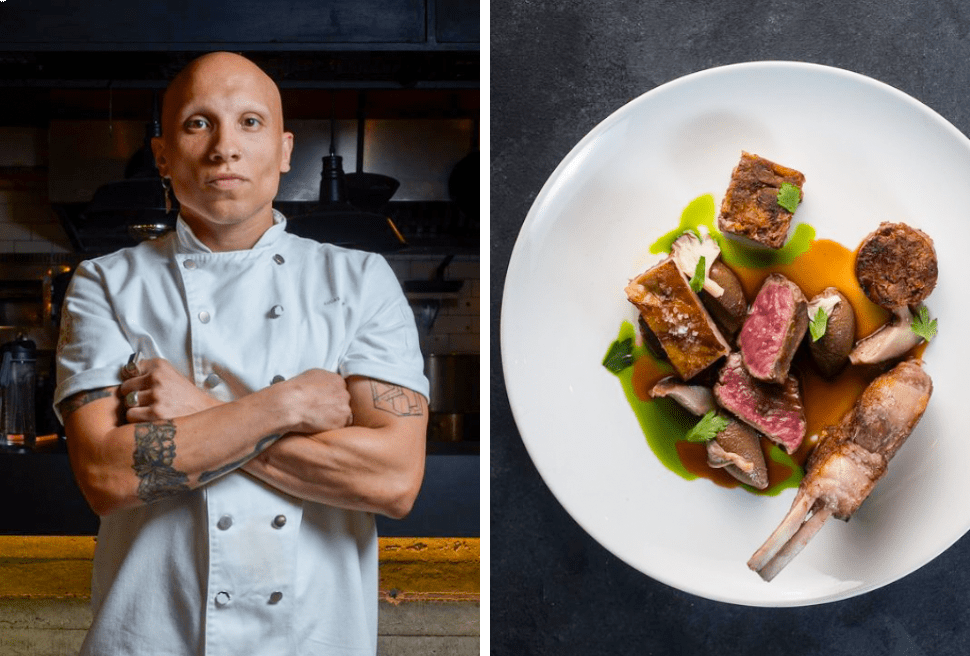Twenty-eight-year-old Lucas Canga, rising food star from Argentina, invites his peers to avoid clichés: “I think awards and social networks distract us from our work. I see too many similar dishes, where we abuse herbs and Chinese umami. I respect over 40 legends a lot, I think they are better than us.”
Opinion
2022 has been a magical year for Lucas Canga, a twenty-eight-year-old chef who has become one of the protagonists of the Argentinian food scene after a decade spent at the highest level. Partner of Tomas Couriel and Matias Senia of Piedra Pasillo, considered by critics the best opening of the year, as well as the cocktail bar The Bottom and of Mad Pasta with two other colleagues, Clara Corso, and Felix Babini, he feeds a total of three hundred guests a day. “If they had told me this a year ago, I wouldn't have believed it."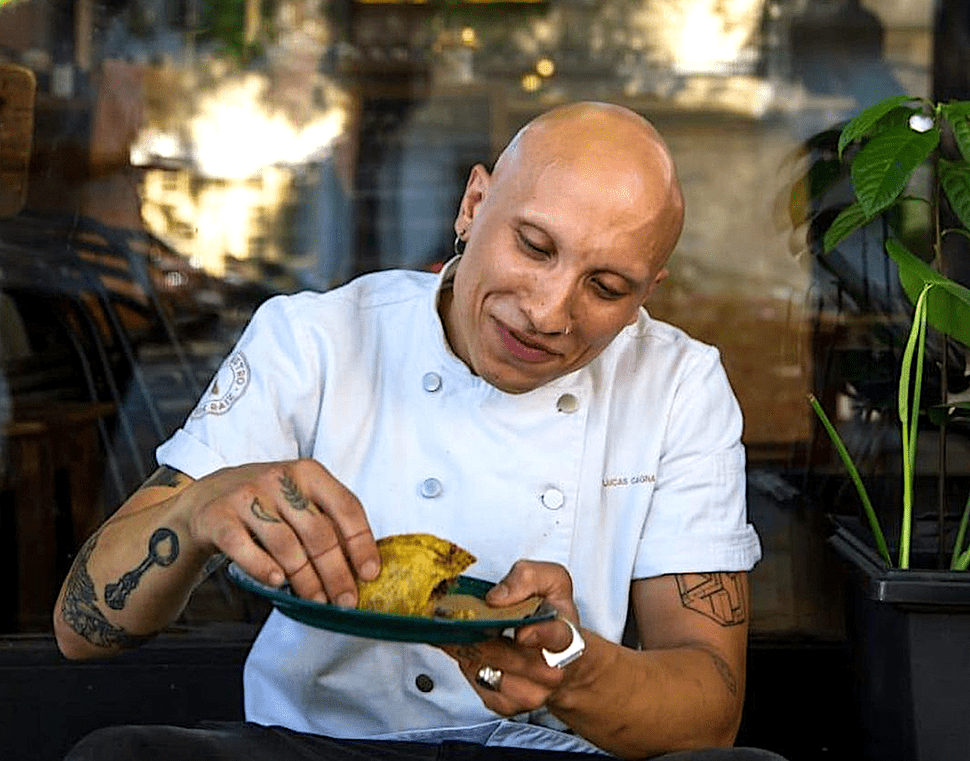
Despite tattoos and earrings, he comes from the old school: his mentors were two old acquaintances of Argentine gourmets such as Martin Lukesch and Alejandro Faraud of Alo's, whom he left in September 2021. "I felt the circle had closed. So, I went to Sacro, a very elaborate vegan cuisine restaurant, where I only stayed for eight months, which however turned out to be very useful: for the first time I managed a very large team, made up of 23 people in the kitchen and 25 in the dining room. At the same time, I made several pop-ups inside friends' restaurants and there I met Tomas and Matias, owners of the Mauer bar. They told me they were working on a new project and invited me to join. We held several meetings, and thus started to create the concept of Piedra.”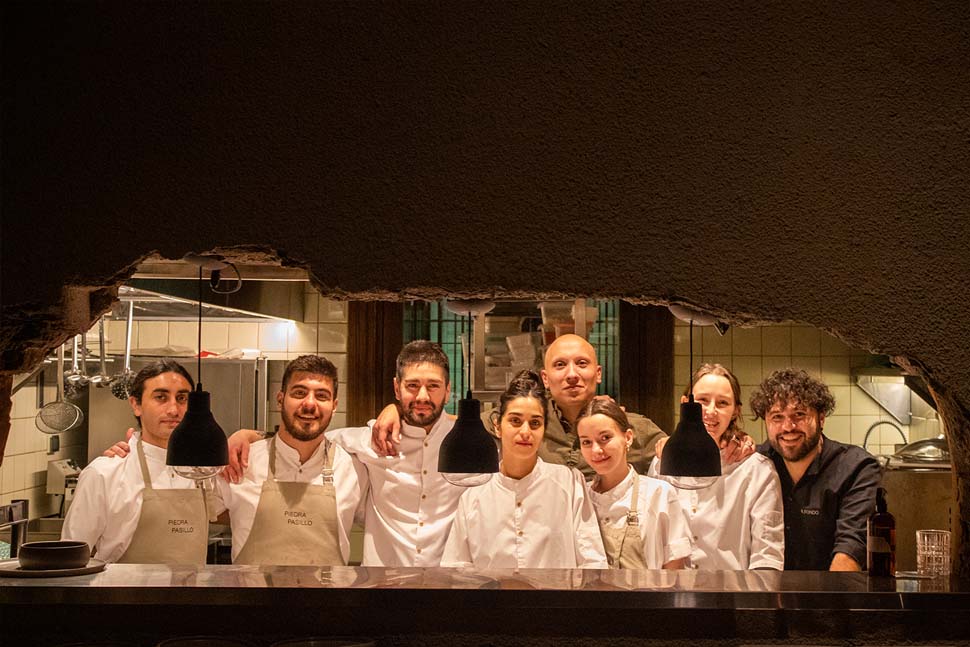 Piedra Pasillo Staff
Piedra Pasillo Staff
It was then time for Mad Pasta, a concept dedicated to alternative pastas, born during the pandemic as a delivery, which then took off. “I've always worked 15 or 16 hours a day, during the lockdown I did 8 and I felt like I was dying. I knew Felix and Calu very well from our time at Alo's, we knew our killer gaze. Faraud let us use the kitchen in the evening and we conceived this fresh, youthful proposal, with a lot of aesthetics and a little technique. It means changing the status quo on pasta, which is usually pure tradition. They can be aubergine tortellini with mint and lemon or pumpkin gnocchi with saffron, simple, and tasty dishes that are not easily found. But also, some classic recipes like a traditional cacio e pepe. We already have 130 guests a day.”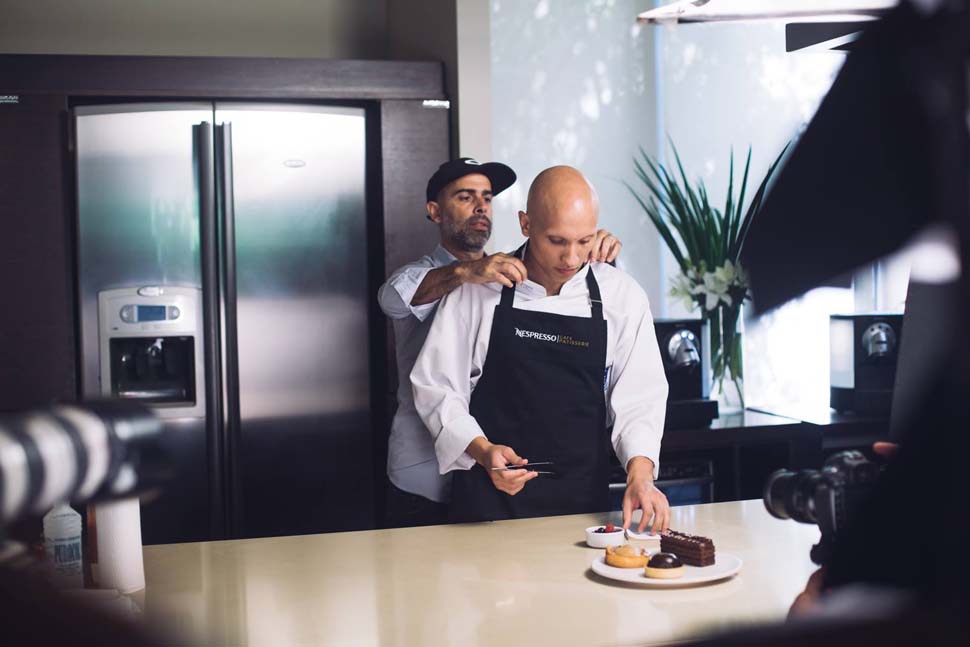
Unlike many chefs in his country, Canga has never felt the need to gain experience abroad, except as a client, in Scandinavia and France. “Maybe I'm naive, but I have a nationalist idea. I live for gastronomy, I have a very clear vocation, I've never doubted it. When I talk about it, I get deeply moved. My school was quite tough, demanding, no ifs, ands or buts: we just worked. This had both positives and negatives. He personally educated me. Today I am a bit like this: when service is in full swing, I don't seek opinions: there is a head and you follow it. But at other times I like to listen, pay attention to other ideas. It is important for everyone to improve, me, the restaurant and also the guys who work with us".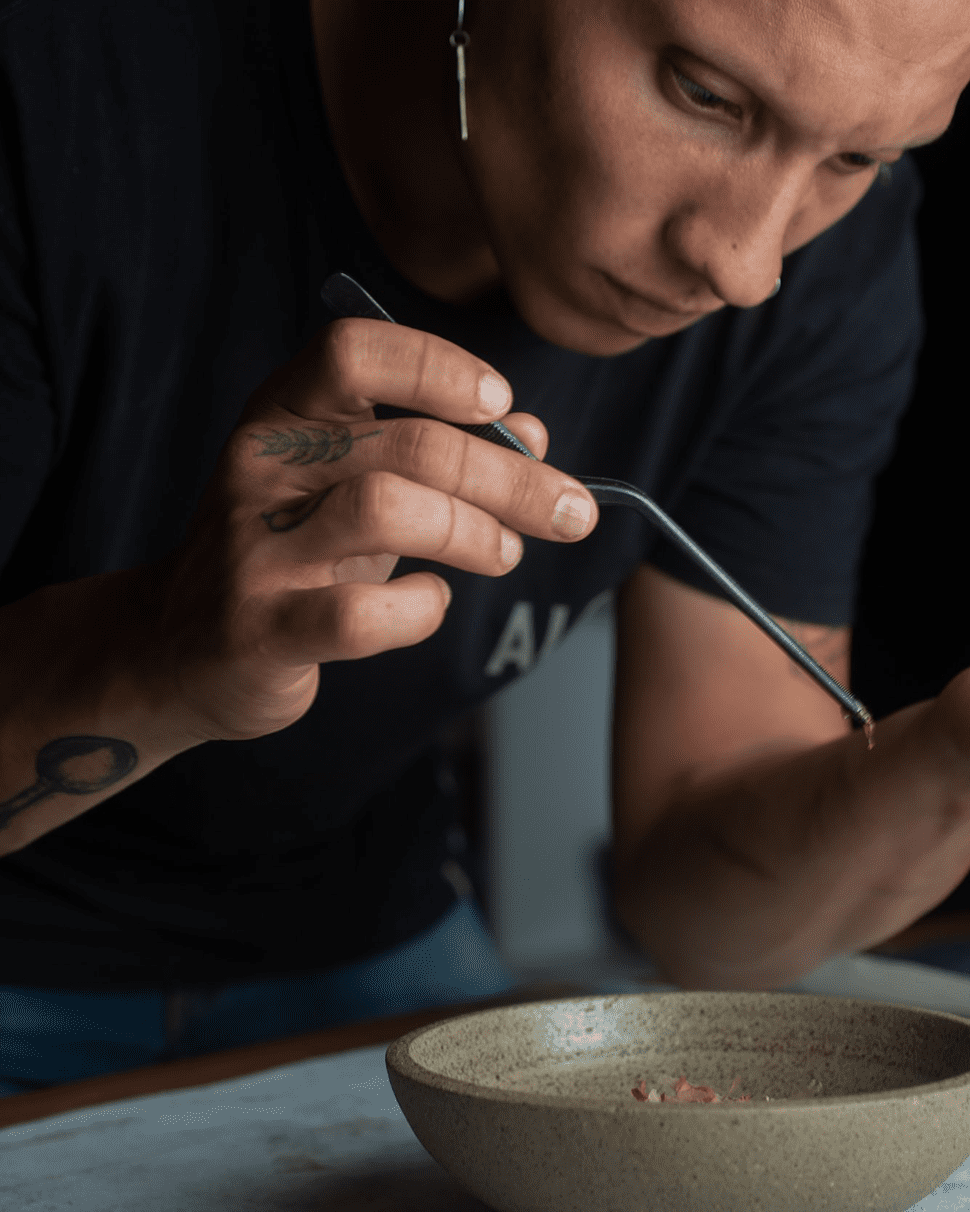
“I always try to do something different. I don't invent anything, but I try not to repeat or copy. I think there's something wrong about all these awards, what they bring, in social media, in photos on Instagram, which distracts us from our work and leads us to take less risk. I see many dishes that look alike, where we abuse herbs, and we pack them with Chinese umami.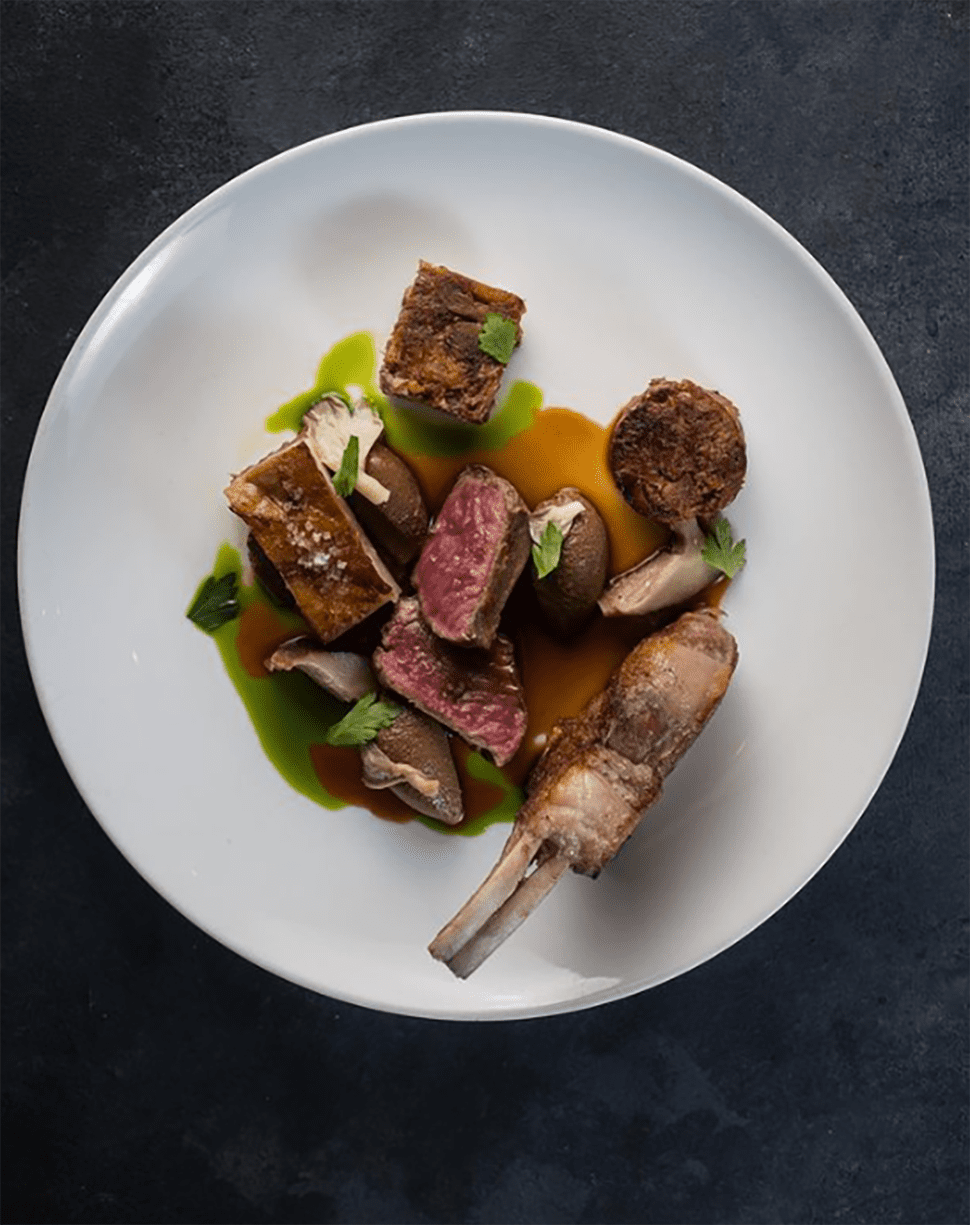
I get it, I know it works, but there are other searches possible. We have to stay in the kitchen and in the service, it's our place. Everything else in the end is pure mental pride. I want to surpass the cooks I admire and I will do it by working hard. I've done eleven years in gastronomy, I'm at least ten years away from starting to appreciate myself. I respect over 40 legends, I think they are better than us. We have to keep working."
Source: Siete Canibales
Find the article here
